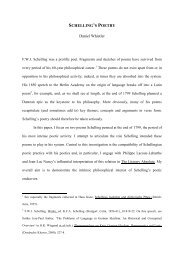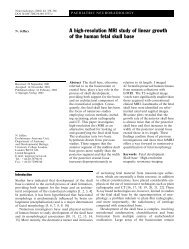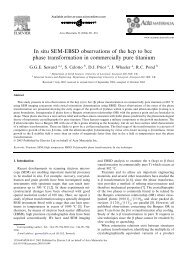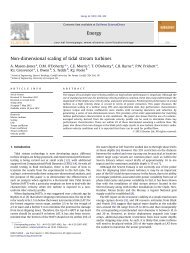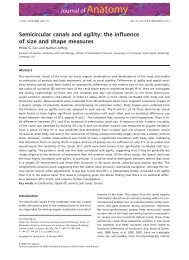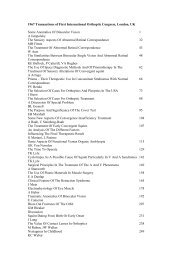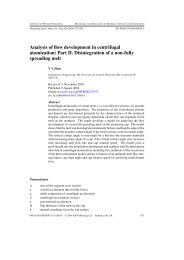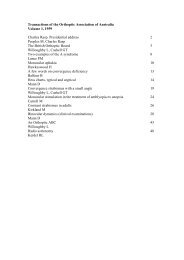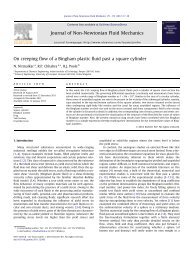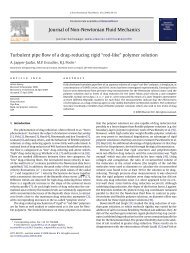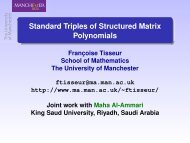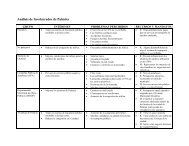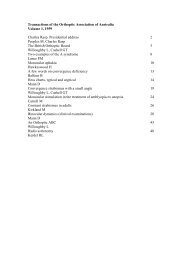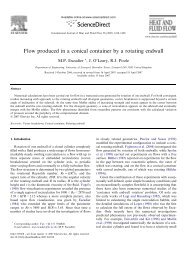The Discipline of Pious Reason: Goethe, Herder, Kant Daniel ...
The Discipline of Pious Reason: Goethe, Herder, Kant Daniel ...
The Discipline of Pious Reason: Goethe, Herder, Kant Daniel ...
You also want an ePaper? Increase the reach of your titles
YUMPU automatically turns print PDFs into web optimized ePapers that Google loves.
concerned with disciplining desire and becoming disinterested about God.<br />
Indifference replaces interest as the motivating theoretical force.<br />
Moreover, such restrictions on love <strong>of</strong> the divine lead also to limitations on piety<br />
itself, for <strong>Kant</strong>, like <strong>Herder</strong> and <strong>Goethe</strong> before him, identifies piety with a constant<br />
desire for union with God and a consequent withdrawal from the finite. <strong>Kant</strong> therefore<br />
makes clear, in opposition to all ‘religious fanatics’: ‘In practising religious we do<br />
not… find ourselves in a state <strong>of</strong> devotion, i.e. in a mood directed to the immediate<br />
contemplation <strong>of</strong> God, and withdrawn from all sensible objects.’ (ibid, 27:731)<br />
Fanaticism involves a withdrawal from the world, an attempt to live on a divine plane<br />
instead <strong>of</strong> a human one. Such fanaticism, <strong>Kant</strong> continues, runs the risk <strong>of</strong> bigotry and<br />
hypocrisy, for there is no means <strong>of</strong> distinguishing genuine and fake mystic<br />
experience. In all these problematic forms <strong>of</strong> religious display, there is ‘an ostentatio<br />
pietatis’, a shameless display <strong>of</strong> religious feeling. On the other hand, <strong>Kant</strong><br />
recommends a ‘pudor pietatis which consists in a bashfulness about avoiding in one’s<br />
actions any suspicion <strong>of</strong> bigotry.’ (ibid, 27:732) Religion consists not in the<br />
cultivation <strong>of</strong> piety, but instead in restraint <strong>of</strong> piety, the limitation <strong>of</strong> desire for God<br />
and <strong>of</strong> any ‘delusion’ concerning humanity’s ability to fuse with Him. 20<br />
<strong>Kant</strong> makes a similar point in the Religion. He berates the individual who believes<br />
that ‘to become a better human being… [he must] busy himself with piety (which is a<br />
passive respect <strong>of</strong> the divine law) rather than with virtue (which is the deployment <strong>of</strong><br />
one’s forces in the observance <strong>of</strong> the duty which he respects).’ Instead, <strong>Kant</strong> advises,<br />
‘It is this virtue, combined with piety, which alone can constitute the idea we<br />
understand by the word divine blessedness (true religious disposition).’ (1998, 6:201)



